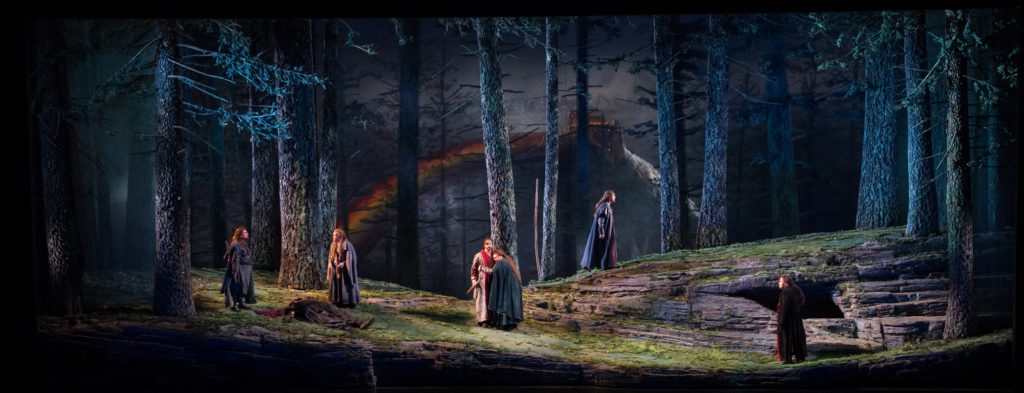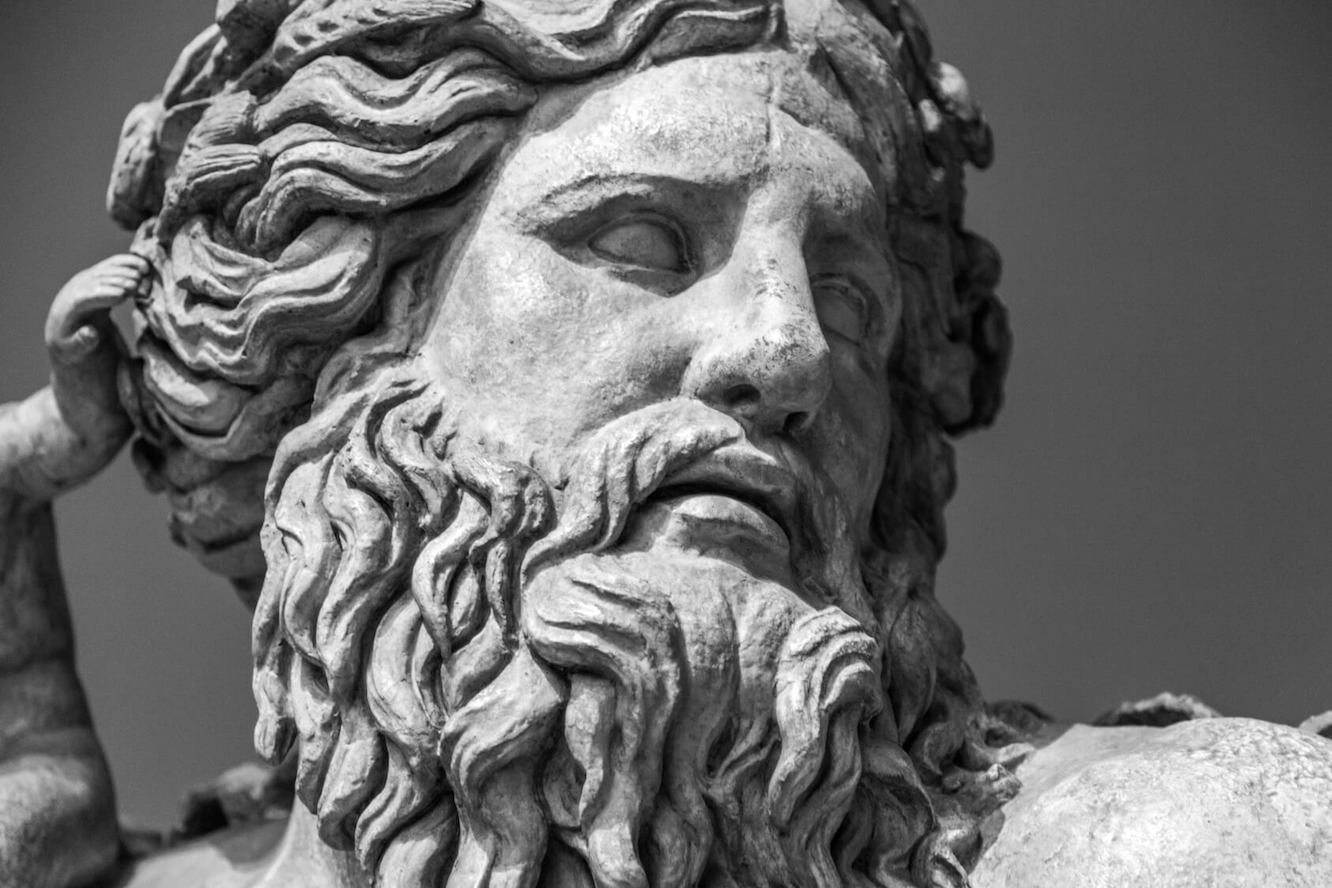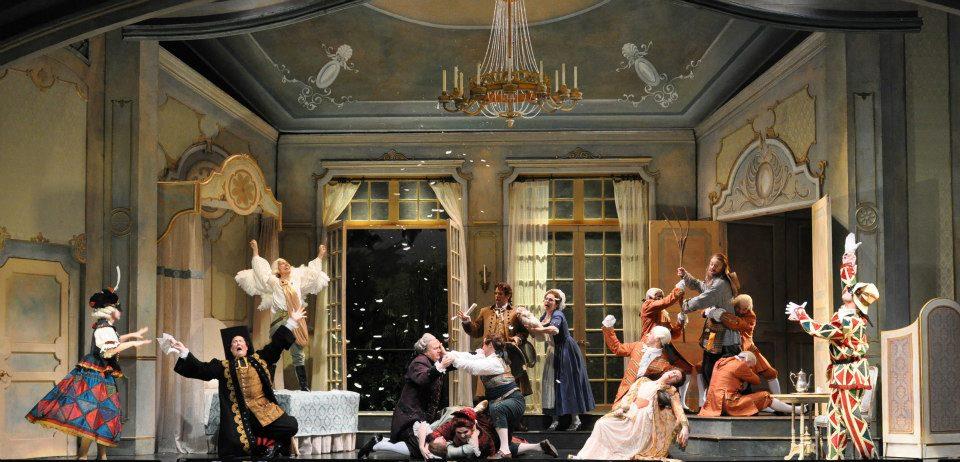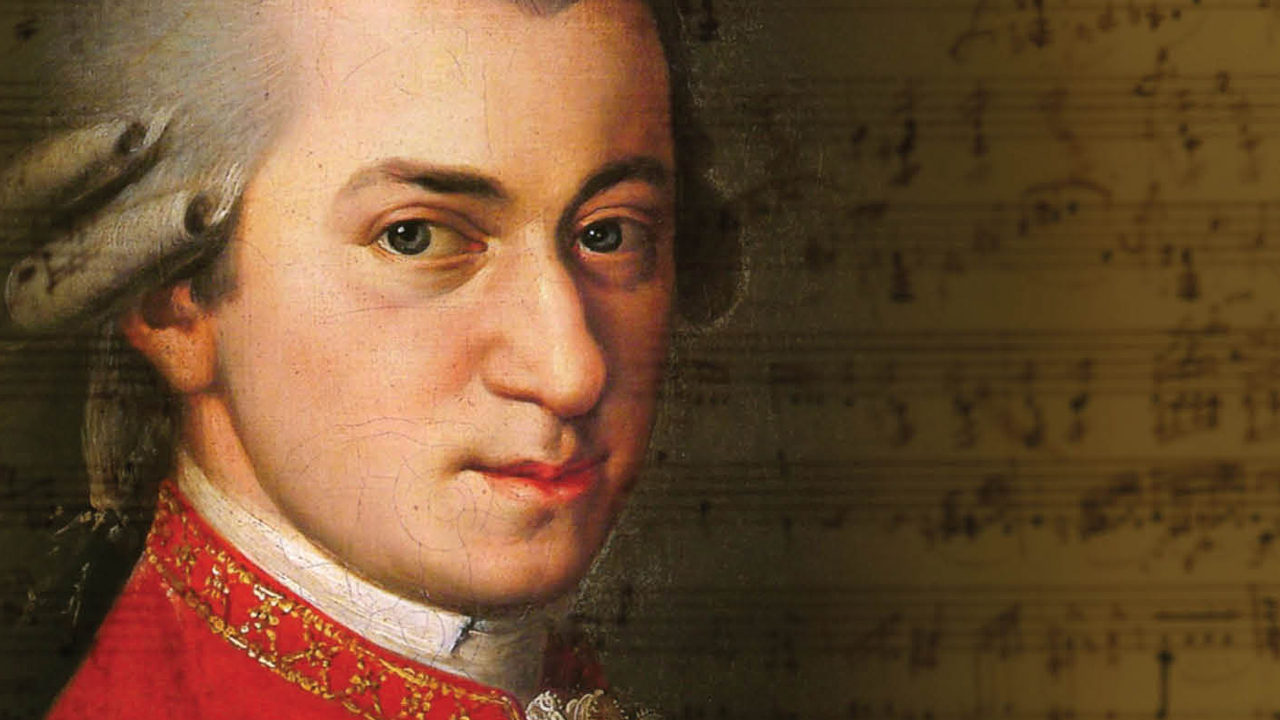The libretto to Das Rheingold was the last one Richard Wagner wrote for Der Ring des Nibelungen (The Ring of the Nibelung), but it was the first opera of the cycle that he composed music for. This opera serves as the prologue in his epic Ring tetralogy, with the next three operas being Die Walküre, Siegfried, and Götterdämmerung. Rheingold premiered in Munich in 1869, but it was not until 1876 that it was performed as part of the first complete cycle at the legendary Bayreuth Festspielhaus theater (a theater designed by Wagner and built specifically for the Ring) in Bayreuth, Germany. The annual Bayreuth festival continues to this day.

A plot summary of Das Rheingold: three Rhinemaidens (Woglinde, Wellgunde, and Flosshilde) play while guarding the Rhine gold at the bottom of the river Rhine when they are interrupted by the Nibelung dwarf Alberich. The Rhinemaidens foolishly let it slip that the person who renounces love and forges a ring from the gold will become all-powerful. Alberich steals the gold to the Rhinemaidens’ dismay and disappears. Next we meet the gods Wotan and his wife Fricka as they wake to find their new home, Valhalla, built by the giants Fasolt and Fafner. As payment, Wotan has promised the giants Freia, Fricka’s sister. When the giants demand their due, Wotan cleverly buys time by consulting the god Loge, who explains that he has found a potential substitute for payment to the giants: Alberich’s powerful gold. The giants agree that this is a sufficient substitute for Freia, but they take her as hostage until Wotan provides them with the gold. Wotan and Loge descend to Alberich’s home, where they find that he has fashioned a ring from the gold and rules over his fellow dwarfs with an iron fist. Wearing another magical garment, the Tarnhelm (a helmet), Alberich turns himself into a toad, at which point Wotan and Loge take the Rhine gold, the Tarnhelm, and of course the ring, as payment for releasing Alberich. Alberich curses the ring and anyone who possesses it. The giants accept the Rhine gold, Tarnhelm, and ring as payment for building Valhalla and free their hostage, Freia. While dividing their treasure, Fafner murders Fasolt, taking all the gold for himself. The gods then ascend to Valhalla, and the stage is set for Die Walküre.
Das Rheingold is the shortest opera of the cycle and introduces many of the musical leitmotivs that recur throughout the operas. In fact, there are more than 80 leitmotivs in Rheingold alone. Here are a few of the most important ones:
The gold
The Rhinemaidens’ pleasure in the gold
The renunciation of love
The ring
Valhalla
The giants
Niebelheim, home of the Nibelungs
Check Opera Sense again soon, as a full, detailed post explaining leitmotivs will soon be released!


